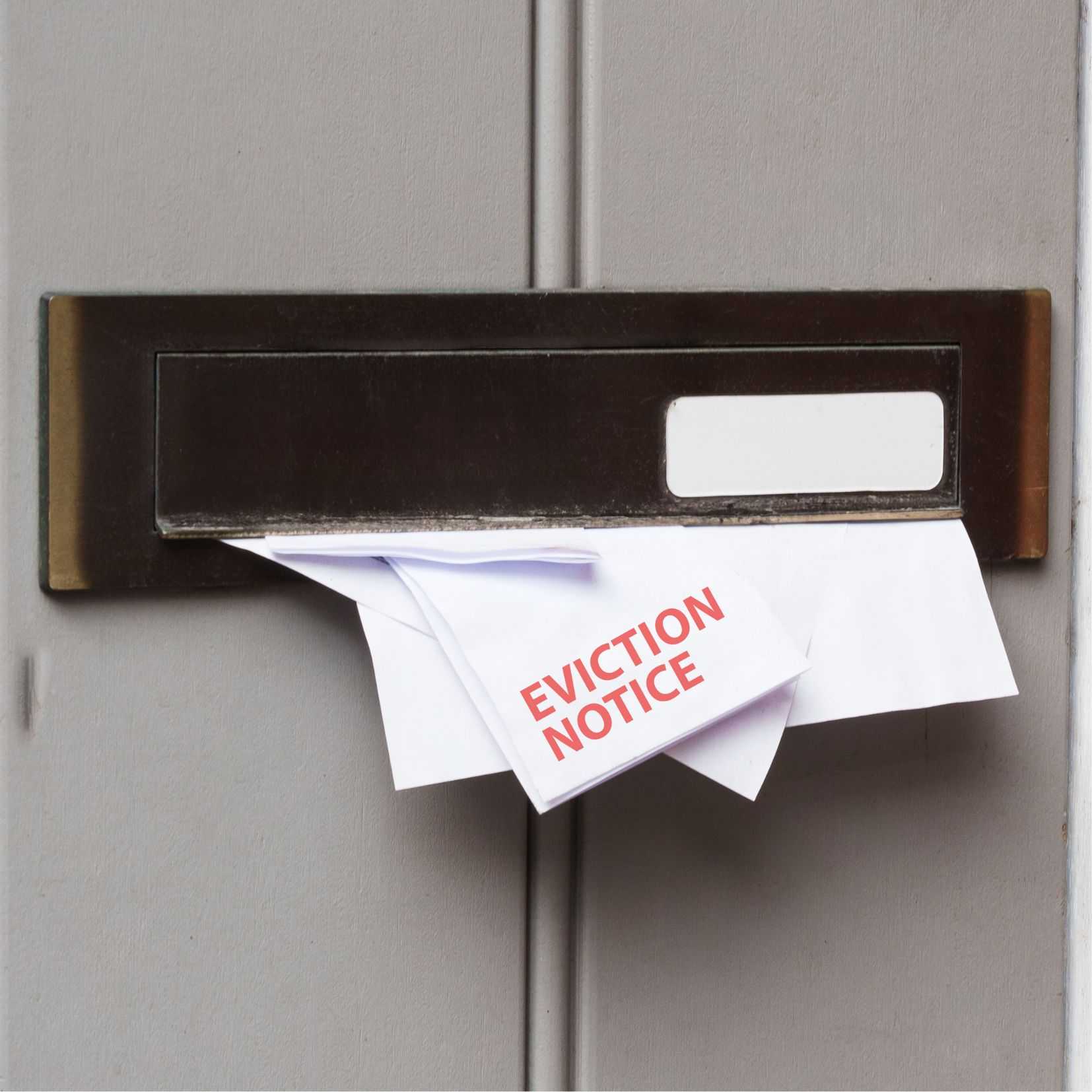Share post:
Section 21, or the “no-fault” eviction policy, allows landlords to repossess their properties without the need to find fault with the tenant. However, with the progress of the Renters’ Rights Bill, people can look forward to more secure tenancies as the bill seeks to abolish Section 21.
At present, this policy is still in effect. However, the government is serious about seeing this bill pass into law. When this happens, tenants can no longer be evicted unless landlords find a reasonable cause to do so. While this change seems to side with tenants, landlords can use this for their benefit.
In this article, you’ll understand what Section 21 means and how its abolishment will affect landlords in London. You’ll also learn how to use this rental reform to your advantage to protect and even increase rental revenues.
About Section 21 and the Renter’s Rights Bill 2024
Section 21 evictions have always been an issue for tenants. According to the government’s research, this has led to housing insecurity with long-term tenants constantly in fear of being evicted. Their research also showed that in 2023, almost “26,000 households faced homelessness” because landlords were allowed to evict tenants even without fault. The evicted tenants had to rely on the council to find support, but the law was clearly not on their side.
The “no-fault” eviction policy keeps tenants at the mercy of landlords. This makes them reluctant to exercise their rights to demand repairs and improvements on the property. They also choose to ignore unjust rental price increases because it’s better to shoulder the added cost than become homeless. This has proven to have an indirect effect on their quality of life and mental health.
This is why the Renters’ Rights Bill 2024 is a welcome relief for them. When the bill passes into law and Section 21 is abolished, tenants will be empowered to speak up against unjust treatment from their landlords.
This shift will be pivotal in London’s rental market because it creates a framework for secure tenancies.
But what does this mean for property owners and landlords?
Effects of the Abolished Section 21 to Landlords
The government is very clear about why they want to abolish Section 21. To quote the Ministry of Housing, Communities and Local Government’s press release:
“Banning Section 21 alone will reassure tenants they can challenge bad practice without fear of retaliatory eviction, as landlords will need to provide a valid cause to end a tenancy early.”
Where does this leave landlords?
The bill is not meant to make landlords the villain. Deputy Prime Minister Angela Rayner said that most landlords act responsibly but there are unethical ones who ruin the whole sector. They take advantage of the housing crisis by making tenants go into bidding wars.
To stop the unjust practices, the government has decided to push the bill into law so Section 21 can also be abolished. There are two things you have to remember once this happens.
Need for justified grounds for eviction
Although abolishing Section 21 protects tenants from unjust evictions, that doesn’t mean landlords can’t repossess their properties. They retain the ability to do so but it will now be under an expanded version of the Requirement for Justifiable Grounds for Eviction, which is a fairer and more justified framework. Among the grounds that can be used include, but are not limited to, the following:
- The landlord or property owner intends to sell or use the property
- The property is under a superior tenancy that’s ending
- The property is a student accommodation
- The property will be used in connection to a specific employment (e.g. agricultural worker)
- The tenant breached the tenancy agreement (e.g. employment requirement, misconduct, etc)
Landlords are expected to understand the acceptable grounds for possession, which can be seen under Section 8 of the Housing Act 1988 and outlined in detail in the Renters’ Rights Bill. They need to cite the reason for repossession before evicting the tenant. The bill is also specific about the number of months that a tenant should be given before being evicted. This ensures they have enough time to find a suitable accommodation to move into.
Security for long-term tenants
The abolition of Section 21 brings security to long-term tenants. They no longer have to fear they will be evicted without valid grounds. This creates an environment where they can safely voice concerns without fear of retaliation.
For landlords, this is a chance to improve relationships and create loyal tenants. This encourages open communication and cooperation as both landlord and tenant improve the property’s condition. It becomes a great foundation for building a respectful interaction. When there’s respect, loyalty follows. This will benefit landlords because a loyal tenant means lower vacancy periods. It minimises turnover and marketing costs while increasing rental profits.
And even if you end a tenancy agreement, if you maintain a good relationship with the tenant, they can leave rave reviews that can improve the reputation of your property.
How to Adapt After Section 21 is Abolished
While it feels like a pro-tenant bill, you should not view the Renters’ Rights Bill as a disadvantage. As long as you understand what it means and the changes it’ll bring, you can use this to elevate the reputation of your rental properties and protect your revenue stream. With the right reaction, you can foster a stronger landlord-tenant relationship that’ll lead to profitable long-term tenancies.
Besides, landlords who are fair and just with their tenants have nothing to fear when Section 21 is abolished. Even if the eviction process will take longer now, it won’t be a big adjustment as long as you maintain open communication with tenants. With the respect you’ve built during the tenancy period, you can easily reach a mutual understanding in case there’s a need to end the lease agreement prematurely.
Given that thought, what can you do to adapt to these reforms in the private rental market?
Review existing lease agreements
One of the valid reasons to evict tenants is if they have breached their contract. Review your existing lease agreements and update them if necessary. Now that tenants can be more vocal about their concerns and grievances, make your lease agreements clear and ironclad. For instance, you can include a clause that discusses rental fee increases every 12 months. Or you can be specific with property damages they should be responsible for.
Depending on the specific breach of agreement, you can evict the tenant immediately, especially if they are a threat to your property or the local community.
Have a thorough vetting process
Vetting tenants is the best way to avoid issues before they happen. Set up a system to thoroughly vet tenants before you sign a lease agreement with them. Conduct credit checks to assess their financial stability and ensure they can meet rental obligations. Confirm any income sources to protect your future rental profits.
You can also ask for previous landlord references. Take the time to call these references so you’ll understand the tenant’s history and behaviour. Do your research and identify red flags like criminal records or previous evictions.
Prioritising these checks will keep you away from problematic tenancies and it’ll help you confidently choose those who are reliable and responsible.
Stay informed
As of the posting of this article, Section 21 is still in effect. But with the news of the government being serious about pushing this into law, it’s only a matter of time before this is implemented.
Keep yourself updated on the changing dynamic in the rental market. The more you know about current events, the more you can be prepared. It’s better to be proactive when it comes to compliance issues. It’ll be easier to mitigate risks and protect your rental income.
Seek professional help
Navigating the changing legalities of the rental market can be challenging. If you’re not sure how it affects your lease agreements, it’s best to consult legal professionals and property management experts. Ask them to review your existing contracts and see how they can be improved. That way, when the tenant renews their lease, you are ready with an updated agreement that’s fair for both you and the tenants.
Since the Renters’ Rights Bill is set to strengthen the rights of tenants, it’s up to you to make sure your rights as a landlord and property owner are also protected.
Keep Rental Properties Compliant and Competitive
The end of Section 21 and the implementation of the Renters’ Rights Bill brings a new era to London’s rental market. Although it prioritises secure tenancies, landlords can make moves to strengthen their rights. It can open doors to build a more stable and profitable rental agreement.
The key to benefiting from these changes in the rental market is to keep yourself informed. Update what you know of the local rules and regulations to ensure rental properties are compliant with the law.
Focus on tenant vetting to protect yourself from problematic residents. Stay ahead of your property management obligations so you can adapt to changes and stay on the right side of the law at all times.
If you need assistance in adapting to the new regulations, partner with a reputable property management company. City Relay offers end-to-end property management services, including compliance. We can support your rental property needs and help you thrive in the ever-changing rental market in London.












